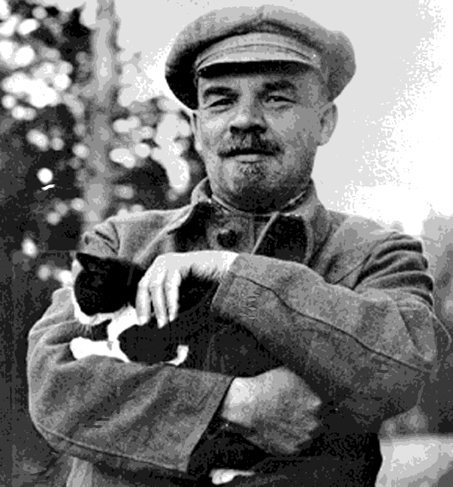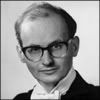Leninist wrote:No Marxist, but certainly a step up from the reactionary bigots before him.
Indeed. Best thing about Francis is how he got american reactionaries all butthurt, Limbaugh calling him "marxist" etc.

Leninist wrote:do you think the new pope could represent a change in the historically conflictual Catholicism \communism relationship?
I do like Pope Francis but don't fully trust him to achieve anything significant in that direction, yet. Let's start with the positive first. When I visited poorer, more rural areas in Apulia during my latest trip to Bari there were pictures of Francis all over the place, much unlike his predecessor whom the people would never have put side by side with images of popular Saints like Francis of Assisi, Padre Pio and down-to-earth Pope John XXIII. I really appreciate the new Pope's ambition to revitalize this branch of Christianity, i.e. the one that puts
la misericordia (mercy, forgiveness, generosity, love for the next human being) at first place instead of pro-lifeism, homophobia and so on. The way Francis acts in this sense - also his appearence, his many gestures of modesty with the people etc. - will have a positive influence on christian minds all over the globe, at least it should. Hopefully enabling them to open up to more radical thoughts of social justice i.e. Communism.
But at this point we have a problem, too. The Pope may act as a true, genuine christian on a
personal level but not that much in his potentially powerful political position as
the Pope. This becomes evident when you compare him with John XXIII, whose acts of charity where not just that - random charity - but sent clear political messages as well. A notable example was his visit to a prison. As first Pope in history he went to see people perceived as criminal scum by bourgeois society and comforted them, like Christ would have done. Or during the Cuba Crisis John didn't just say "Oh, I pray God fills the russian and american hearts with love and mercy and makes them put down their atomic bombs" - like Francis does all the time in his weak speeches against the war in Syria - he said more somehting like "Hey, Russians and Americans! Knock that shit of, the Pope commands you to!". He used his big influence and contributed to prevent global tragedy.
While it is nice of Francis to assure us marxists that we will go to heaven if we are good people, it is still not enough on a level of political power. Unfortunately, a popular Pope who is near the people is not always a guarantee for communist-friendly Church politics. John Paul II being the most notable example, a rigid anticommunist who even used his political influence to destroy socialism in Poland and the whole eastern bloc, thus expropriating the people of collective ownership, social security and justice. Not what Jesus would have done

























 - By Tainari88
- By Tainari88 - By wat0n
- By wat0n